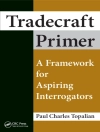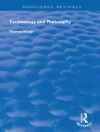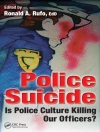Are judges competent to decide complex scientific disputes over toxic chemicals and hazardous wastes? Have courts gone too far in awarding damages to victims? Does the judiciary unreasonably constrain free market forces and usurp power from democratically elected branches of government? What constitutes judicial "due process" in the regulation of health-safety and environmental risks? David O’Brien addresses these and other key questions in a comprehensive survey of the role of courts in resolving science-policy disputes. He theorizes that such disputes, with their burden of scientific uncertainty and intense value conflict, become judicialized in the United States because they pose an uncomfortable trilemma for policy makers: how to accommodate competing demands for scientific certainty, political compromise, and procedural fairness in the regulation of risks. When policy negotiations break down, courts are called on not to settle scientific controversies per se, but in their traditional role as independent tribunals for settling value conflicts and imposing norms in a pluralistic society. This interpretation is enhanced by a unique set of case studies, including DES and asbestos litigation and the ban on Tris (a carcinogenic flame-retardent). O’Brien’s analytical framework and his detailed examples illuminate the extent, the implications, and the underlying causes of the judicialization of risk regulation.
David M. O’Brien
What Process is Due? [PDF ebook]
Courts and Science-Policy Disputes
What Process is Due? [PDF ebook]
Courts and Science-Policy Disputes
购买此电子书可免费获赠一本!
语言 英语 ● 格式 PDF ● ISBN 9781610444293 ● 出版者 Russell Sage Foundation ● 发布时间 1988 ● 下载 3 时 ● 货币 EUR ● ID 5375915 ● 复制保护 Adobe DRM
需要具备DRM功能的电子书阅读器












